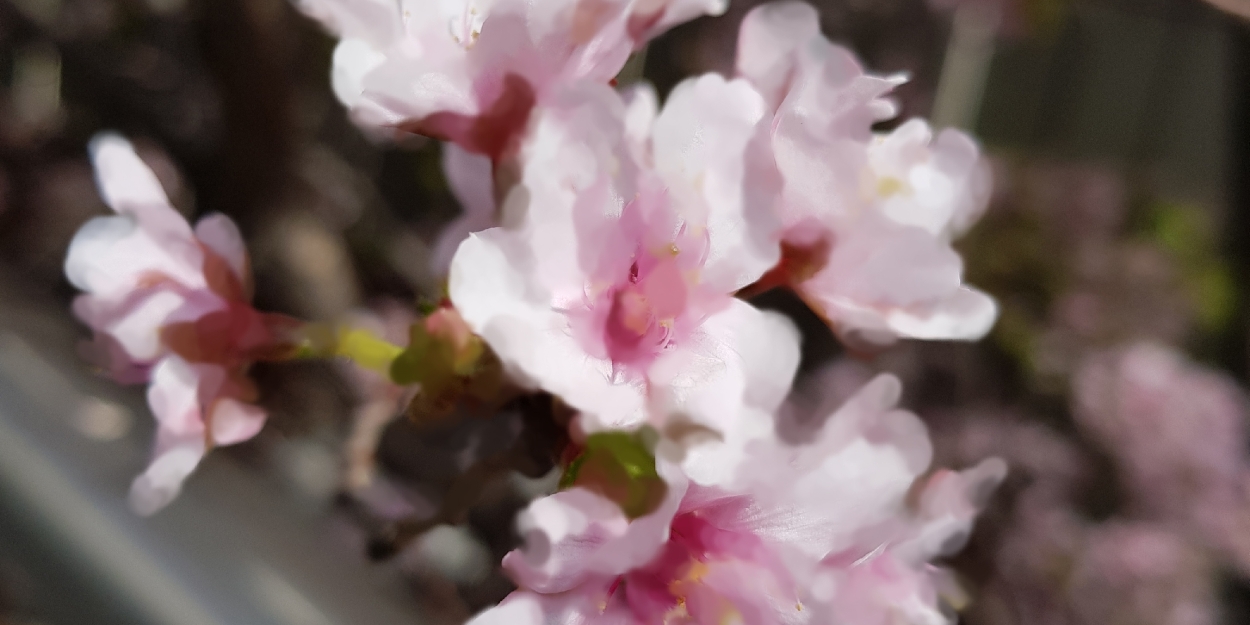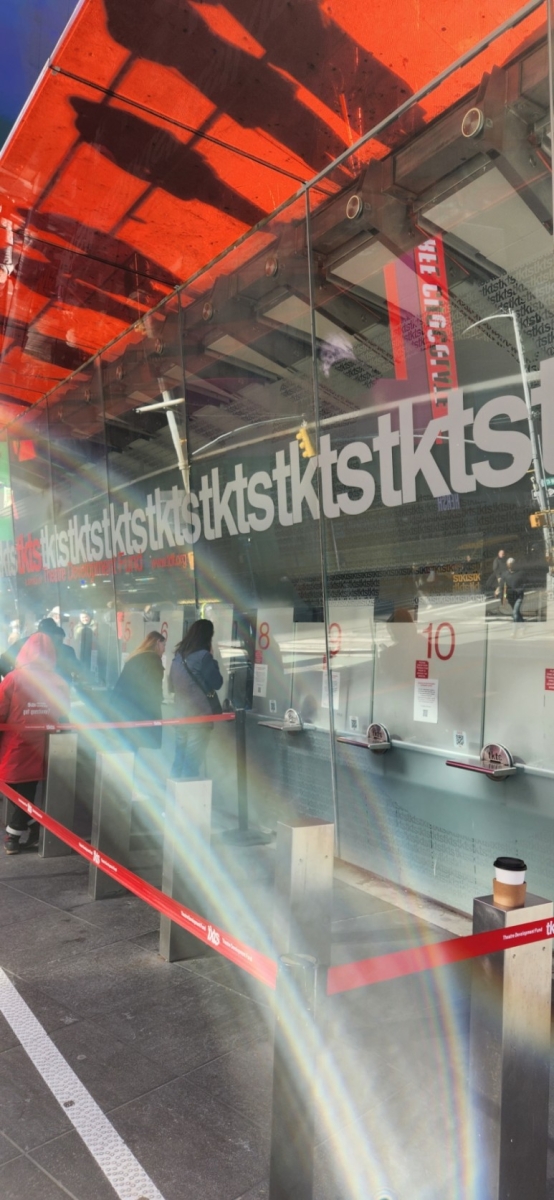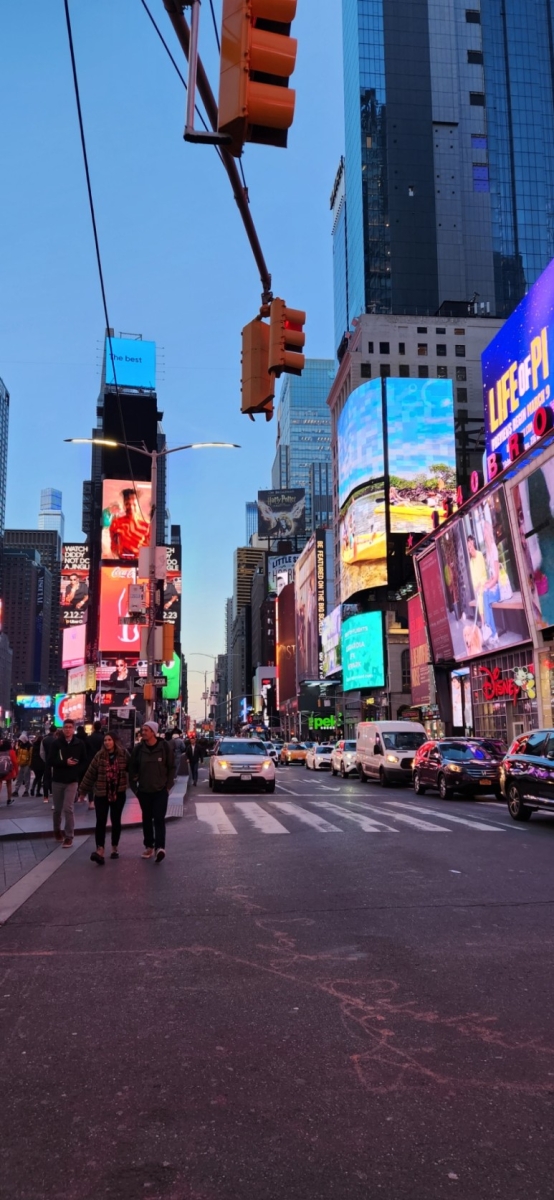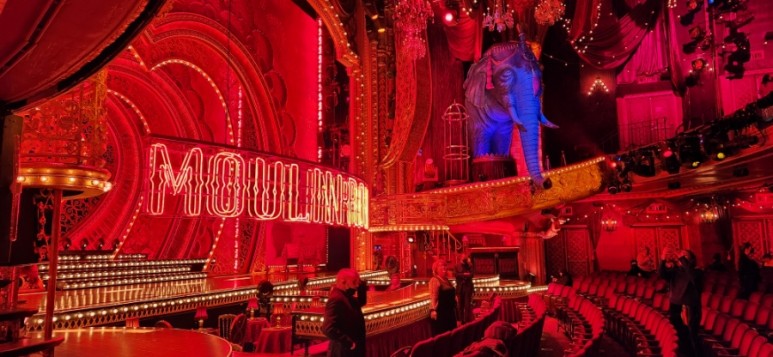Student Blog: Interesting facts about the Musical theater in Two Different Countries
Some Differences Between Korean and American Musical Theaters.

Last summer and this winter, I visited Broadway with the intention of exploring the series of cultures related to Broadway, rather than just watching the shows. In particular, I wanted to find out what the differences were between the theaters in the United States and Korea, having watched various performances in Korea and working as an usher in a Korean musical theater.
As someone who has experienced both American and Korean theaters, I want to talk about the cultural differences I have found.
Does Korea have a system like TKTS in Times Square?
 If you've visited Times Square, you may have seen the red stairs in the middle of Times Square. TKTS sells discount tickets for the day and offers tickets at various discounts.
If you've visited Times Square, you may have seen the red stairs in the middle of Times Square. TKTS sells discount tickets for the day and offers tickets at various discounts.
When I visited the United States, I had an experience of seeing a musical at a relatively cheap price because of the discount. However, there is no single system like TKTS in Korea that sells discounted tickets for the day. Although there are places that sell discounted tickets from time to time, they are usually sold at the theater where the performance is held or through online ticket reservation sites. In addition, the ticket reservation system is also slightly different between Korea and the United States.
In Korea, there are a few representative ticket reservation sites, such as Interpark Ticket and Yes24 Ticket. You can book various performances such as musicals, concerts, and plays on these sites, and they are easy to access, so many people use the sites. For larger venues, there may be a reservation system on the theater's website.
For Broadway musicals, tickets can be reserved on a variety of sites. You can reserve tickets through the representative sites such as SeatGeek and the Broadway site, or through each performance's website. In addition, if you want to buy Broadway musical tickets as a tourist, you can also buy them through travel agencies or ticketing services for travelers.
How often can you see shows that were open run on Broadway in Korea?
 Wicked, The Phantom of the Opera, and Hadestown have all had open runs in the United States. However, if you want to see these shows in Korea, you may have to wait several years. When a musical is produced as an original version on Broadway or the West End, it usually comes to Korea through licensing. Therefore, unlike Broadway's open runs, the show can only be performed for a limited period of time in Korea.
Wicked, The Phantom of the Opera, and Hadestown have all had open runs in the United States. However, if you want to see these shows in Korea, you may have to wait several years. When a musical is produced as an original version on Broadway or the West End, it usually comes to Korea through licensing. Therefore, unlike Broadway's open runs, the show can only be performed for a limited period of time in Korea.
In fact, Wicked was performed in Korea in 2016 and 2021 after its 2013 licensed premiere. The Phantom of the Opera is currently being performed in Korea in a licensed version after its premiere in 2001, a revival in 2009, and a whopping 14-year gap.
Casting members are always one of the important factors as it takes time for Broadway musicals to be performed in Korea, and the show can only be performed for a limited period of time. In the casting process, talented musical actors or rising stars sometimes play the lead roles. Or, like Christine of the Phantom of the Opera, a rookie debuts and gets the spotlight.
Is it possible to bring drinks into the theater?
 It was when I visited the AI Hirschfeld Theatre, where Moulin Rouge was being performed. One of the surprises was that there was a bar inside the theater and you could go inside with a drink. In particular, it was amazing that alcohol and drinks purchased at the bar could be brought in, and snacks could be consumed. Because it looked different from the Korean musical theater.
It was when I visited the AI Hirschfeld Theatre, where Moulin Rouge was being performed. One of the surprises was that there was a bar inside the theater and you could go inside with a drink. In particular, it was amazing that alcohol and drinks purchased at the bar could be brought in, and snacks could be consumed. Because it looked different from the Korean musical theater.
In Korean musical theater, the entry of beverages other than bottled water is restricted for the purpose of maintaining order in the seating area and managing the theater. Therefore, if a spectator brings in food or consumes food inside the seating area, ushers will talk about the regulations regarding entry restrictions and recommend consumption restrictions.
This can be related to the culture of watching performances. In Korea, there is a culture of watching theater, musicals, and other performances quietly. One thing that surprised me when I went to the United States was that some audience members who cheered when an actor sang the solo number. It was fun because I felt like I was enjoying the performance together.
In Korea, there is a culture of collectively immersing oneself in the performance and watching it quietly, so even small sounds during the performance can be felt by other audience members as a disturbance to their viewing experience. Therefore, in order to maintain order within the seating area, most musical theaters in Korea also restrict the consumption of alcoholic beverages, drinks, and food.
Based on my experience with musicals in Korea and the United States, I have examined some differences between the two. While there are certainly differences, I have come to realize that the biggest commonality between the two countries' musical scenes is that the production is complete when the audience, actors, and those who create the show are all together.
One thing I felt in common in Korea and on Broadway was the passion of the actors and those who create the show, as well as the audience's affection for the production. I hope that both countries' musical industries continue to grow based on this passion and affection.
Photo Credit: EunSong Yang
Comments
Videos


